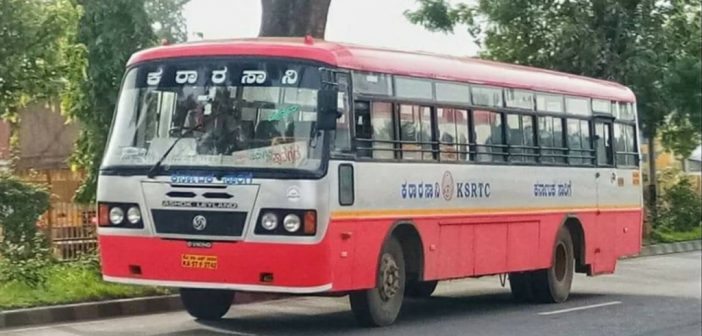Public transport in India is the lifeline of millions. From bustling metropolises to remote villages, buses and trains ferry a vast swathe of the population. However, this vital system grapples with a persistent menace: ticketless travel. Passengers evading fares not only deprive authorities of revenue crucial for infrastructure upkeep and upgrades, but also disrupt smooth operations and create an unfair system for honest commuters. This article delves into the negative ramifications of ticketless travel in India and explores potential solutions leveraging online data and research.
The Scope of the Problem
The sheer scale of ticketless travel in India is staggering. Estimates suggest that revenue losses due to fare evasion can reach up to 30% for some transport authorities. This translates into billions of rupees annually, funds that could significantly improve the public transport experience.
The Detrimental Effects
Ticketless travel has a cascading effect on various aspects of public transport:
- Financial Strain: Lost revenue due to fare evasion directly impacts the ability of transport authorities to maintain and upgrade infrastructure. This translates into dilapidated buses, poorly maintained tracks, and overcrowded compartments, ultimately compromising passenger safety and comfort.
- Deteriorating Infrastructure: Lack of funds due to fare evasion hinders crucial investments in new buses, improved signaling systems, and better station facilities. This creates a vicious cycle where a decaying system discourages ridership, further reducing revenue collection.
- Operational Inefficiency: Ticketless travel disrupts the smooth flow of passengers. Checking tickets manually at entry points creates bottlenecks, leading to delays and frustration for honest commuters.
- Unfair System: When a significant number of passengers travel without tickets, it creates an unfair situation for those who pay their fares. It fosters a sense of impunity and discourages honest behavior.
- Safety Concerns: Overcrowding due to fare evasion can pose safety hazards. Passengers crammed into compartments or on buses are more susceptible to injuries during accidents or sudden stops.
The Root Causes
Understanding the reasons behind ticketless travel is crucial to formulating effective solutions. Here are some key factors:
- Socioeconomic Factors: Poverty and a lack of formal income sources can force individuals to resort to fare evasion.
- Inadequate Fare Collection Systems: Cumbersome and time-consuming ticketing procedures can incentivize passengers to evade fares, especially for short journeys.
- Lack of Awareness: Limited public awareness campaigns can leave some passengers uninformed about the importance of purchasing tickets and the consequences of fare evasion.
- Weak Enforcement Mechanisms: Inefficient or inadequate enforcement measures create a perception that ticketless travel goes unchecked, emboldening offenders.
The Power of Online Data and Research
Combating ticketless travel requires a data-driven approach that leverages the power of online information and research. Here’s how:
- Data Analytics: Utilizing data from ticket sales, passenger demographics, and travel patterns can help identify routes and timings with a higher prevalence of fare evasion. This allows authorities to strategically deploy enforcement personnel and resources.
- Smart Ticketing Systems: Implementing contactless ticketing systems using smart cards or QR codes can streamline the fare collection process, reducing queues and incentivizing honest ticketing behavior.
- Targeted Awareness Campaigns: Utilizing online platforms and social media to launch targeted awareness campaigns can educate the public about the importance of paying fares and the repercussions of ticketless travel. These campaigns can be tailored to specific demographics and regions based on online data analysis.
- Collaboration with NGOs: Partnering with NGOs working in underprivileged communities can address the socioeconomic factors that sometimes lead to ticketless travel.
- Online Feedback Mechanisms: Establishing online feedback channels can allow commuters to report instances of fare evasion anonymously. This can provide valuable data for authorities to take targeted action.
The Road Ahead
Eradicating ticketless travel entirely may be an uphill battle. However, by adopting a multi-pronged approach that leverages online data and research, significant progress can be made. By streamlining ticketing processes, raising awareness, strengthening enforcement mechanisms, and addressing the root causes, Indian authorities can create a more robust and sustainable public transport system that benefits all stakeholders.
This data-driven approach, coupled with a commitment to improving the overall public transport experience, can ensure a fair and efficient system for millions of commuters across India.






